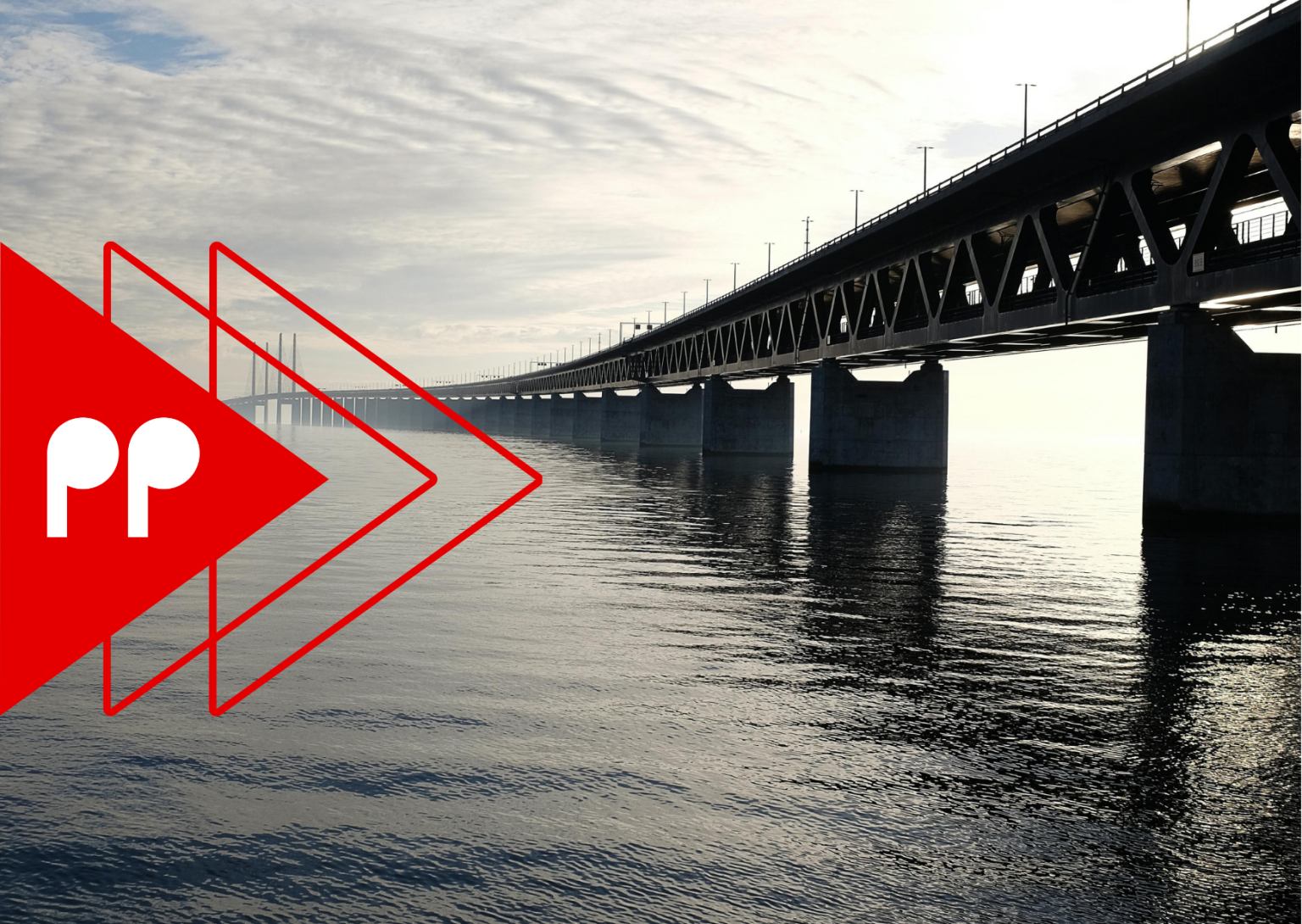Political foundations serve as essential hubs that connect various stakeholders, fostering dialogue and cooperation not only across borders but also across policy areas and domains. In discussions with three European political foundations (EPFs) – EPP’s Wilfried Martens Centre for European Studies, European Greens’ Green European Foundation (GEF), and Renew Europe/ALDE Party’s European Liberal Forum (ELF) – to discover how each of them uses their unique position to become an important bridge between stakeholders.
Political foundations as networking hubs
The best policies are reached through dialogue with a number of different stakeholders, from social partners and researchers to civil society and industry. Rather than complaining about the challenges, which is often the dominating discourse in media and politics, political foundations’ role is to think about and propose solutions. Alva Finn, Executive Director of the European Liberal Forum, says they see themselves as an organisation bringing together governments and policymakers, to support intra-party consensus building and to support MEPs with extended expertise from academia, civil society and industry. “When you’re an MEP, you are always busy, and maybe you’re not an expert in all topics you work on. It is always beneficial to hear from different sectors and have a balanced perspective. You cannot assume that you can make the best decision for everyone in the EU from Brussels.”
In addition, political foundations provide a ‘safe space’ for stakeholders who want to contribute to the debate but avoid engaging with the political parties or institutions directly. Institutions, due to their official nature, can create platforms or hearings, but they are limited due to procedural issues and their priorities. Tomi Huhatnen, Executive Director of the Martens Centre, says, “Academic institutions hesitate to participate in political party meetings. However, they are much more open to engage with foundations because most of them function as think tanks”.
Who are the main stakeholders?
The main stakeholders for European political foundations include a diverse array of groups and individuals not only from the EU but also from neighbouring countries. Besides the usual academia-industry-policymakers trio, there are also some overlooked groups. For example, the Green European Foundation works quite actively with trade unions. Director Laurent Standaert says trade unions are the “single most important stakeholders in Europe due to their member-based nature and their influence and reach”. GEF also actively works directly with citizens, as well as marginalised underrepresented communities, via their associations.
Tomi Huhatnen from Martens Centre also talked about the important role of media and the evolution of how journalists work with political foundations. “In the past two years, media has been more collaborative but also more active towards think tanks and political foundations, which is a good change of attitude,” says Huhatnen.
One advantage of political foundations is that they are network organisations. They have members across Europe and expertise in various policy areas that they can help reconcile with the EU agenda. The European Liberal Forum has the largest number of member organisations, reaching 57: “Through our members, we bring the national topics to the EU agenda. Our job is to make sure that dialogue is happening at the European level,” says Alva Finn.
While the list of key stakeholders might differ depending on EPF, one thing is clear—all of them are making an effort to reach beyond the bubble.
How to bring everyone together?
Each political foundation has employed different models of mediating between various stakeholders. Green European Foundation (GEF) has built ‘Knowledge communities’, which are lasting networks of knowledge production and collaborative platforms that bring together experts, activists, and policymakers to share insights and develop solutions for sustainable and green initiatives. These communities focus on thematic areas such as climate change, social justice, and democracy. Currently, GEF has eight ‘Knowledge communities’ spanning from the Gender dimension of energy transition to the European wellbeing economy. Laurent Standaert, the Director of GEF, says, “We throw [ideas] in the form of white paper to an array of different people from the industry, civil society, trade unions and elsewhere. After hearing everyone’s opinions and coming to an acceptable position, we throw that back to the green movement for them to further explore or carry some of these ideas”.
Martens Centre, on the other hand, has fully embraced its role as a knowledge-generating think tank. Tomi Huhatnen says while they present their positions and are open to explaining them to political parties they consciously avoid lobbying and advocacy within EPP to maintain their role as neutral facilitators. “Sometimes we even have requests asking us to facilitate some position between different actors, but we don’t want to take that role because it comes with a price,” says Huhatnen. This approach prevents them from becoming entangled in power struggles within the party as they mainly aim to provide well-researched documents and leave the decision-making to the politicians. Martens Centre director says they have been lucky as they found the right balance of relationship with EPP, “The party does party stuff, and we do think tank stuff. Martens Centre doesn’t take political positions. The logic is that there is a scale of opinion, and we can move within that spectrum.”
Finally, the European Liberal Forum is probably one of the foundations with the biggest outreach due to its network of member organisations and partners and events and projects taking place mostly outside of Brussels, with a few exceptions. Besides their Stakeholders’ dialogue series, which takes place in the European Parliament and discusses key legislative files with MEPs, civil society, and experts, ELF also organises roadshows. The most successful one is their initiative on reinvigorated enlargement processes. “We met ambassadors, governments, civil society, students, activists and media in the EU candidate countries, listened to all sides of how to achieve a better process that’s mutually beneficial and gives people more access and benefits to European integration earlier on so that they don’t lose hope,” says Alva Finn. This comprehensive engagement with all possible stakeholders is what made enlargement one of the flagship topics of the European Liberal Forum.

